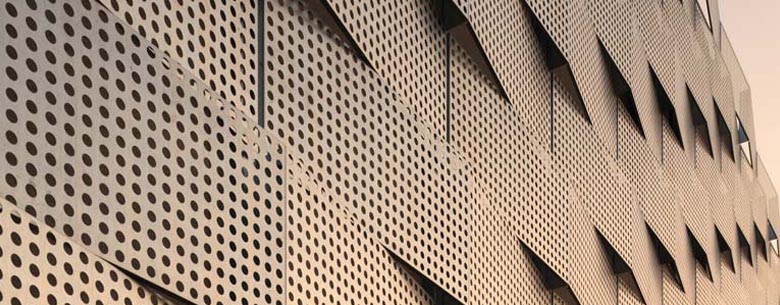The Benefits of Soundproof Fencing A Modern Solution for Noise Pollution
In today’s fast-paced world, noise pollution has become an increasingly common concern for urban residents. From the constant hum of traffic to the raucous sounds of construction, unwanted noise can significantly impact our quality of life. Thankfully, innovative solutions have been developed to tackle this issue, and soundproof fencing is emerging as a highly effective option. This article explores the advantages of soundproof fencing, its construction materials, and the best practices for installation.
What is Soundproof Fencing?
Soundproof fencing is designed specifically to reduce noise pollution, providing a barrier between noisy environments and residential or commercial properties. Unlike traditional fences, which may offer limited sound attenuation, soundproof fences are constructed with noise-dampening materials that absorb and deflect sound waves. This type of fencing not only serves its primary purpose of providing privacy but also enhances the tranquility of outdoor spaces.
Benefits of Soundproof Fencing
1. Noise Reduction The primary benefit of soundproof fencing is its ability to significantly reduce noise levels. Depending on the materials used and the design, sound barriers can cut noise by 5 to 15 decibels, which can make a noticeable difference in perceived loudness.
2. Increased Privacy In addition to sound attenuation, soundproof fencing also enhances privacy. It acts as a visual barrier, keeping prying eyes away from your property. This dual functionality makes it an attractive option for homeowners looking to create a peaceful sanctuary in their gardens.
3. Enhanced Aesthetic Appeal Many soundproof fences are designed to be visually appealing, with various styles and materials available. Whether you prefer a modern look with metal panels or a more traditional wooden design, there's a soundproof fencing option that can complement the aesthetic of your property.
4. Durability and Longevity Soundproof fencing is constructed from durable materials that can withstand harsh weather conditions. Unlike standard fencing that may require frequent replacement, soundproof barriers are designed to last, making them a wise investment in the long run.
5. Improved Property Value A quiet and peaceful home is an attractive feature for potential buyers. Installing soundproof fencing can enhance your property’s value, making it a worthwhile consideration for those looking to sell.
Construction Materials and Techniques
soundproof fencing

Soundproof fencing typically utilizes a combination of materials that work together to block sound. Common materials include
- Wood Heavy wooden panels can effectively absorb sound. They are often treated to resist weather conditions and can be customized to fit various designs. - Vinyl Vinyl fencing is another popular choice; it is inherently dense and can block more sound than traditional wooden fences. Additionally, it requires little maintenance and is resistant to rot and pests. - Concrete For maximum sound absorption, concrete is an excellent material. It is dense and heavy, providing a formidable barrier against noise. However, its installation requires more labor and planning.
- Composite Materials These are engineered from a mix of wood fibers and recycled plastics, providing an effective sound-dampening solution without the drawbacks of natural materials.
Best Practices for Installation
To maximize the effectiveness of soundproof fencing, consider the following installation practices
1. Height Matters The taller the fence, the greater its sound-blocking capability. Ideally, a solid fence should be at least 6 to 8 feet in height.
2. Sealing Gaps Ensure there are no gaps between panels or at the base of the fence. Sound can easily leak through even small openings, negating the benefits of the fence.
3. Strategic Placement Install the fencing as close as possible to the noise source while considering local regulations regarding property boundaries.
4. Double Layering For those in particularly noisy areas, consider using double-layered fencing with an air gap in between. This design can significantly enhance sound attenuation.
Conclusion
As noise pollution continues to affect our daily lives, soundproof fencing offers an effective and aesthetically pleasing solution. By investing in soundproof materials, homeowners can enjoy quieter environments, enhanced privacy, and increased property value. Whether in urban settings or quieter suburban areas, soundproof fencing stands out as a practical and modern approach to combating the noise that permeates our surroundings.
-
Why Galvanized Trench Cover Steel Grating Resists Corrosion
NewsJul.10,2025
-
The Versatility and Strength of Stainless Expanded Metal Mesh
NewsJul.10,2025
-
Load Calculations in Steel Grating Platforms
NewsJul.10,2025
-
Keeping Pets and Kids Safe with Chicken Wire Deck Railing
NewsJul.10,2025
-
Hole Diameter and Pitch for Round Perforated Metal Sheets
NewsJul.10,2025
-
Aluminium Diamond Mesh in Modern Architecture
NewsJul.10,2025
Subscribe now!
Stay up to date with the latest on Fry Steeland industry news.

